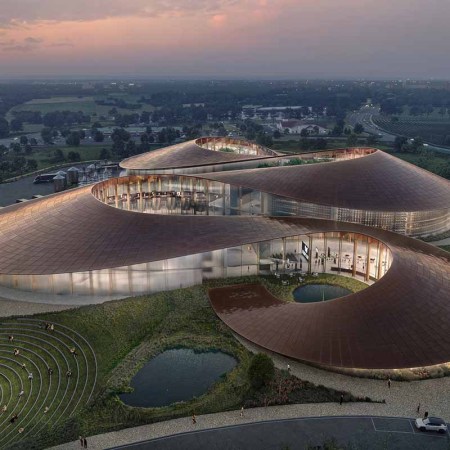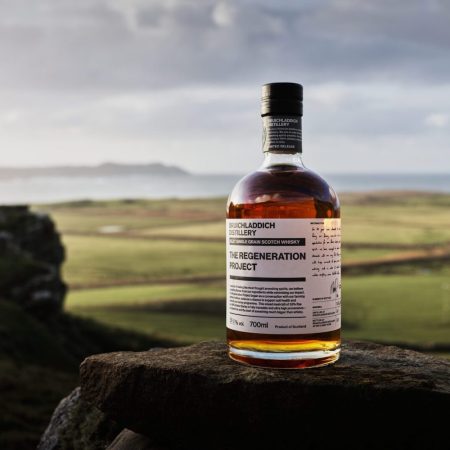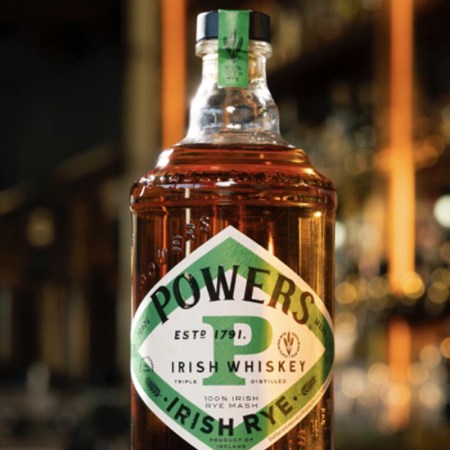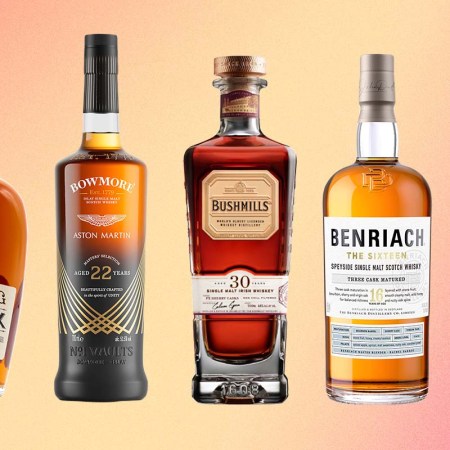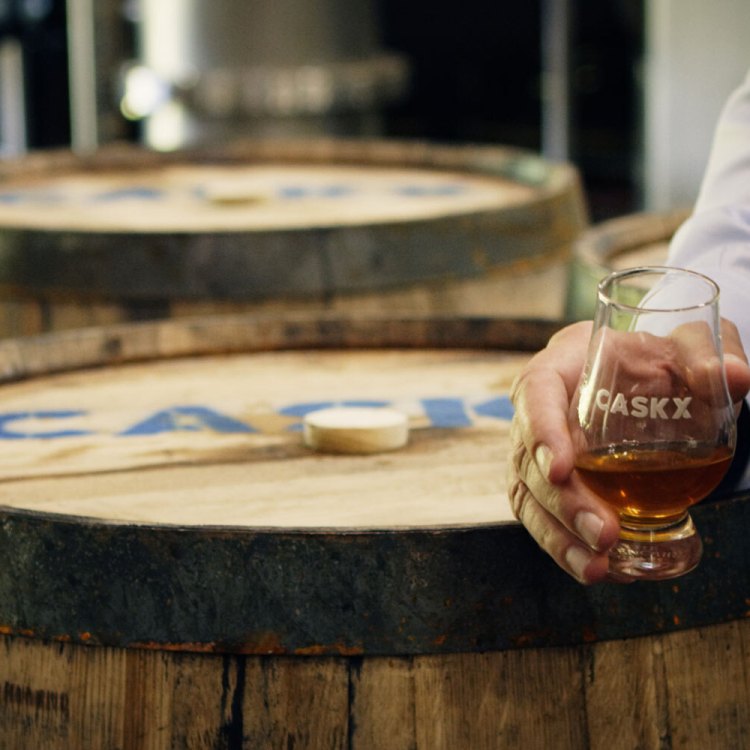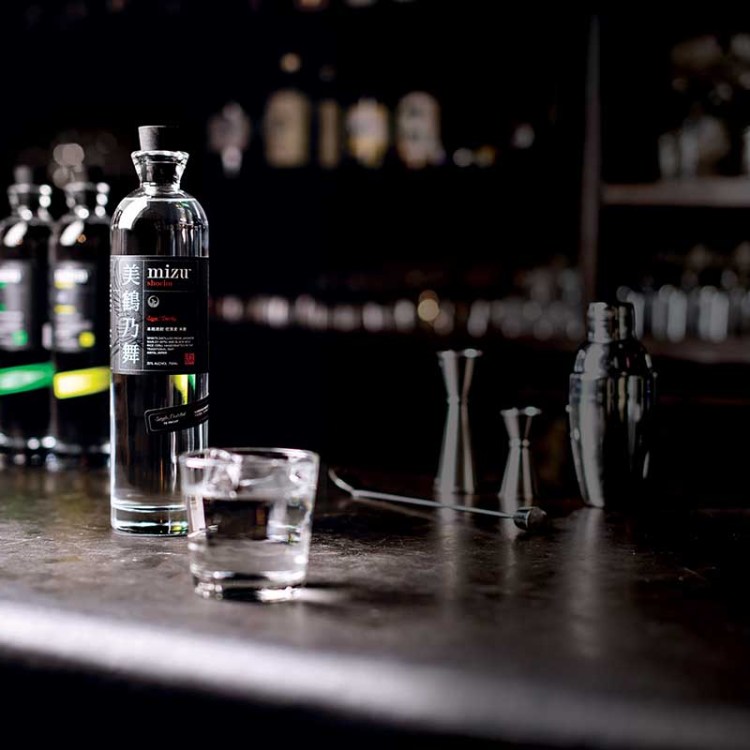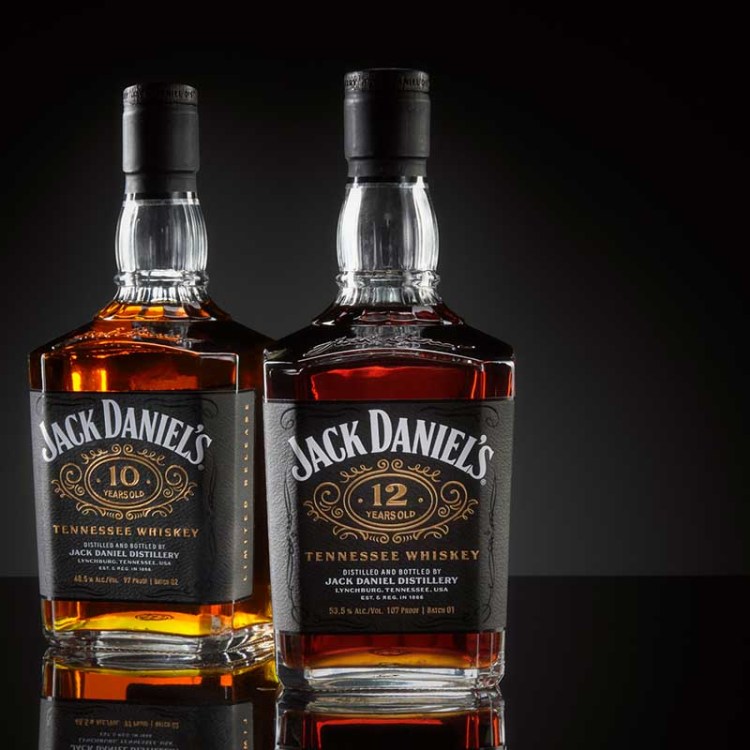We live in a moment in time when distilleries are embracing both tradition and experimentation — which is to say that it’s an excellent time to be a whiskey drinker. Whether you’re looking for a well-made single malt or are curious what the addition of crabs into whiskey might taste like, there’s likely something for you to embrace out there. It’s an especially great time to be a fan of rye whiskey, which seems to be having a particularly great moment.
What does it mean, then, when a regional style of rye gets its time in the sun? In a new article for The New York Times, Clay Risen — who has a book on rye due out this fall — explores the history of whiskey in Pennsylvania, with particular attention paid to one style: Old Monongahela, which was a big enough deal for Herman Melville to allude to it in his work.
What’s unique about this particular style? Risen describes its use of “a mash bill, or recipe, of rye, barley and, unlike almost all other whiskey made in America, not a single kernel of corn.” As Risen explains, Broad Ford Distillery, which specialized in this style, is no more, with the buildings that once housed it in a state of collapse.
A number of distilleries in Pennsylvania have taken the concept of the Old Monongahela and run with it, including Mingo Creek Craft Distillers and Mountain Laurel Spirits. As Risen notes, there’s more to come, including an Old Overholt variation made in the Old Monongahela style. All told, it’s an intriguing (and tasty) way of bringing whiskey history into the present moment.
Thanks for reading InsideHook. Sign up for our daily newsletter and be in the know.

